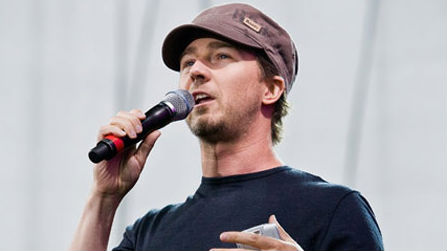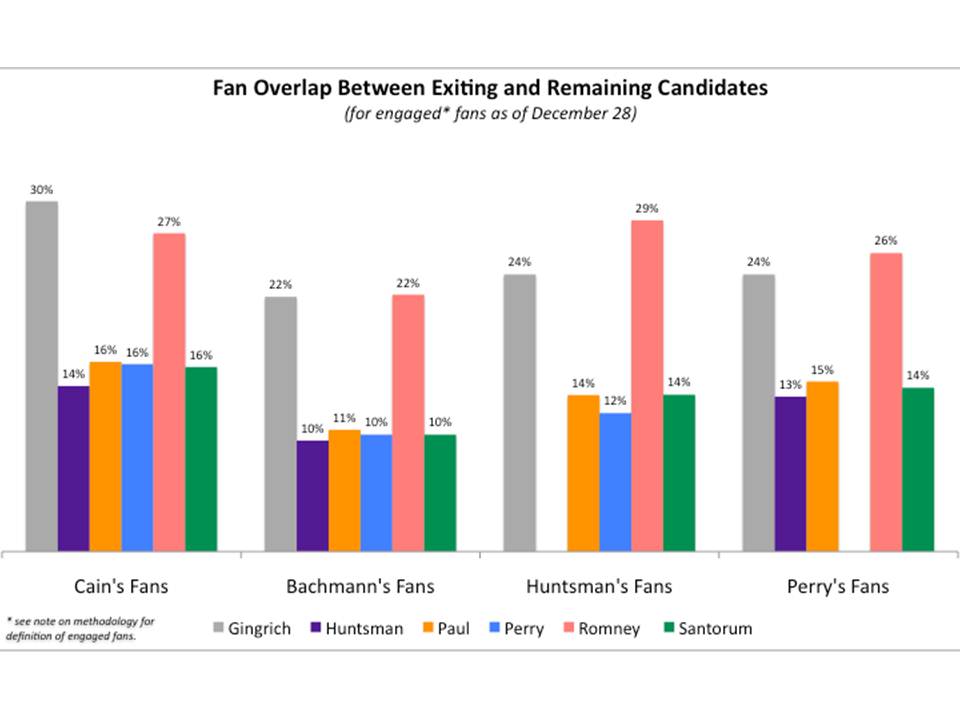Edward Norton Talks About the Future of Fundraising

For most people, social networking consists of status updates, virtual cows, and bizarre Kanye tweets. But actor and philanthropist Edward Norton believes that social networking can truly change the world, which is why he launched the micro-fundraising site Crowdrise that harnesses the power of the web for charitable giving.
In the new Big Think series “Edward Norton’s Guide to 21st Century Fundraising,” the Academy Award-nominated actor explains the inspiration behind his website and his vision for the future of grassroots movements. Norton and his three co-founders came up with the idea for the site while raising money in the New York Marathon. Initially, they tried traditional fundraising avenues—corporate sponsorships and angel investors—but they wanted to find a more grassroots approach. The only problem was that no websites did exactly what they wanted: On the one hand there were social networking platforms, which were not well engineered to engage people in substantive engagement with a particular cause. And on the other end of the spectrum, there were donation mechanisms, which had none of the “vitality and dynamism and personality and creativity of social networking platforms,” Norton says. “So we looked at each other and said, ‘We can do better than this.'”
Norton also offers his advice for compelling people to donate. You want your fundraiser to be cool, he says. “You want it to seem like an adventure that they want to take part in. You want it to be an invitation to participate in something that’s as good as going out for paintball with your friends on the weekend.” And to do that, ask yourself what is at the heart of this issue that is fun and satisfying, he advises. Ask: “What’s going to make it more interesting than another weekend watching TiVo?”
And the principles that govern micro-fundraising extend far beyond charitable giving. In fact, they could revolutionize democracy in America, thanks to “the falling cost for like minded people to locate each other, share information, do something with it, and then tell the rest of the world,” says former Big Think expert Jay Rosen.





